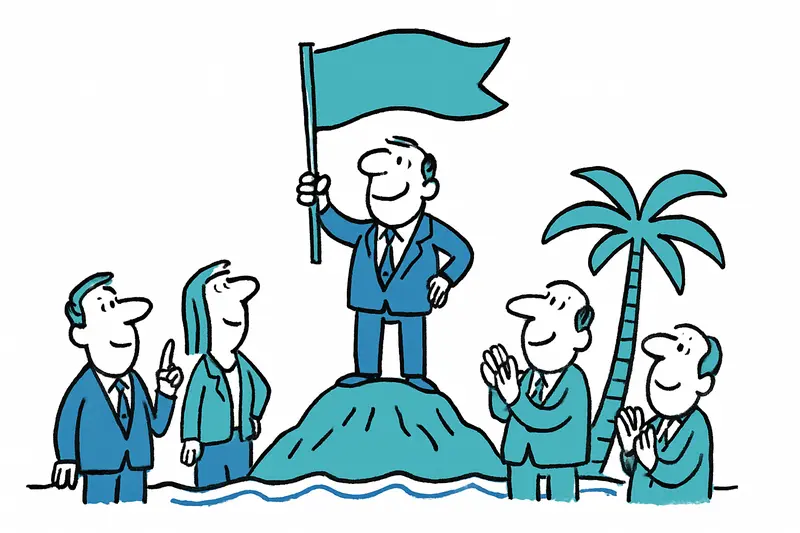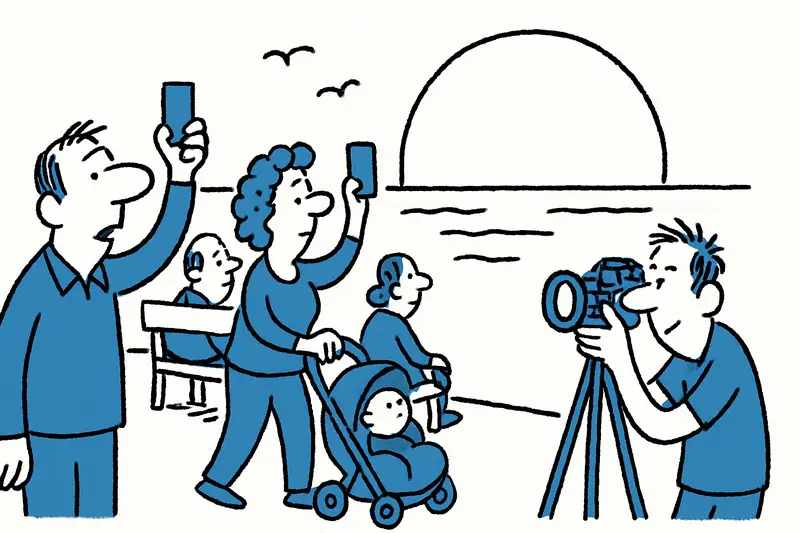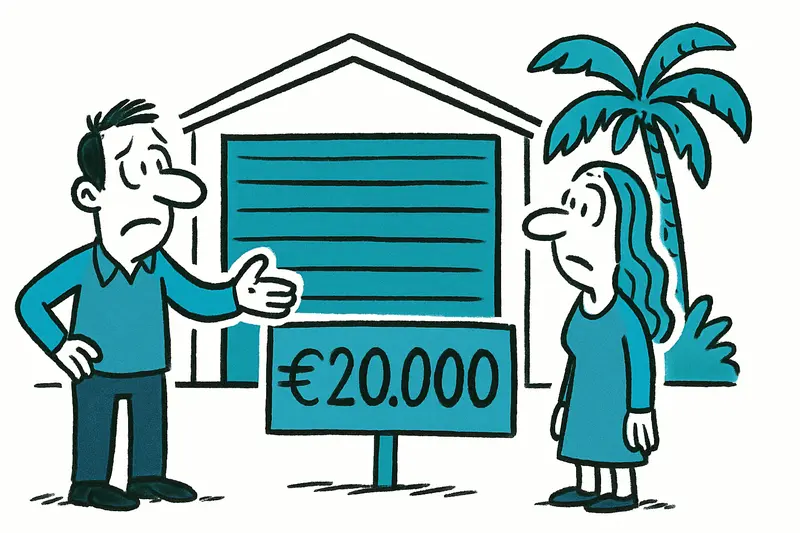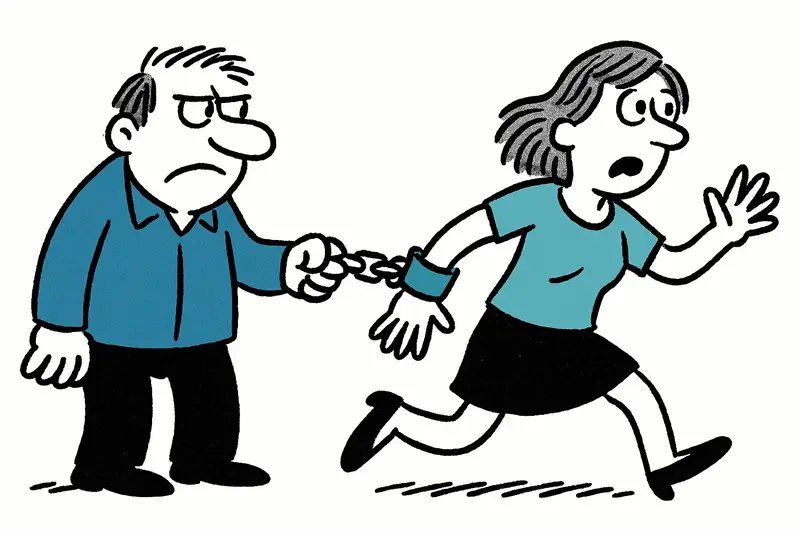
Wealth List 2025: How Hoteliers Concentrate Power in the Balearic Islands
Eleven Balearic names in the rich list — seven of them from the hotel industry. Why this matters for everyday life in Mallorca and which questions we should ask.
Wealth List 2025: Hoteliers at the Top — and What Mallorca Feels
I'm sitting in the café on Passeig Mallorca, the coffee machine gurgles, a scooter rattles by, and it's mild outside — around 18 degrees, a few clouds. On my phone I scroll through the new wealth list; Eleven Mallorcans in Spain's Top 100: What the Ranking Really Reveals About the Island. Notably: the majority come from the hotel world. That raises a simple but pressing question: how does this concentration of capital and influence affect our everyday life?
The names you hear on the coast
Although numbers are fascinating, it's the stories behind them that count. At the top among islanders is Miguel Fluxá (Iberostar) with around €3.3 billion, closely followed by Carlos March Delgado (Banca March) with about €2 billion. Also on the list are Carmen Riu Güell (RIU, ~€1.5 billion), Simón Pedro Barceló Vadell (Barceló, just over €1 billion), as well as families like Grupo Piñero and Meliá with several hundred million. At the lower end of the relevant spectrum is, for example, Abel Matutes with around €600 million.
Seven of the eleven listed people are directly connected to hotel groups. This is no coincidence. Tourism remains the engine of the island economy — and large hotel chains are often central players: they build, buy land, influence labor markets and bring international capital flows.
Why this is more than just numbers
When hotel corporations dominate the island society's top ranks, you notice it in many small ways: rising rents in old towns, investment pressure on coastal areas, construction projects that change street noise and sea views. At Plaça de Cort this is being discussed — with admiration for job creation, but also with jabs about pricier restaurants or the disappearance of small shops.
Less visible but significant are mechanisms like family foundations, complex shareholdings or international holding structures. They mean that decisions with local effects are often made at distant board tables. This makes local governance harder and reduces transparency — a constellation that is too rarely analyzed in depth in public debates.
Aspects that get too little attention
First: seasonal vulnerability. Large hotel chains are internationally networked and can spread risks; small businesses cannot. Second: resource use — water, energy, and competition for land. Third: job quality. Hotels create many jobs, but they are often seasonal and poorly paid, even as recent reporting highlights changes in revenue and guest mix in the Balearics, for example More revenue, fewer Germans: Who really benefits from the Balearic boom?. Fourth: follow-up investments. When companies invest in luxurious new buildings or exclusive residences, it shifts the market as a whole.
All this has consequences for social mixing and quality of life in Mallorca, as discussed in Balearic Islands: Housing Becomes a Luxury — Who Will Stay on the Island?. It affects who can afford to live here: local families, young couples, craftsmen and shop owners feel the changes on the bill — sometimes literally, when prices rise.
Critical questions — and concrete approaches
The guiding question remains: how fairly are the benefits of tourism distributed? From the debate, concrete approaches can be derived:
More transparency in ownership structures could make decisions more comprehensible. Municipal rules for change of use and building permits should include clear social criteria, such as preserving affordable housing. Tourist growth could be tempered through targeted land-use planning instead of continuously catering to the market. Revenues from tourist levies should flow more into social infrastructure and affordable housing. In addition, support programs for local founders, crafts and sustainable agriculture can help diversify the economy.
Practically, this means: binding social plans for large projects, promotion of cooperatives in the hospitality sector, incentives for long-term rental contracts for employees, and investments in water storage and renewable energy so growth does not come at the expense of the natural base.
A sober outlook
The concentration of wealth in hotel groups is ambivalent. It brings capital strength, international visibility and often also infrastructure projects. But it also enlarges power asymmetries and can distort local markets. Mallorca needs both: investment and strong local governance to ensure that profits do not only grow on the pages of the rich list, but reach streets, schools and affordable homes.
Back on Passeig Mallorca, the sun breaks through briefly, a boat horns far out — and my café cup is empty. Numbers and names are fascinating, but the discussion must move into the open: into town councils, businesses and to the plaça. There it will be decided whether prosperity is shared more broadly or remains visible only in a few accounts.
A frank note: this is not about diminishing entrepreneurial success, but about embedding it responsibly into island society.
Similar News

Puig de sa Morisca: Calvià's archaeology park comes to life
Calvià is investing around €1.6 million to make the Puig de sa Morisca archaeology park more attractive for families, sc...
Under pressure at EMAYA: Who protects employees at Palma's municipal utilities?
Employees of EMAYA report bullying, exclusion and rising sick leave. The union demands an external review and better pro...

Glowing Evening – Majorca in Red Light
On Monday evening the sky over Majorca turned vivid red and soft shades of pink and purple in places. Thousands captured...

When parking becomes a luxury: garage parking space on the Balearic Islands costs on average €20,000
Brief check: A Fotocasa report names nearly €20,000 as the Balearic average price for a garage parking space. What does ...

"No Moment to Escape": How human trafficking in Mallorca seeps into everyday life
The liberation of 15 women is only the tip of the iceberg. How debt, missing papers and a poor labor market drive people...
More to explore
Discover more interesting content

Experience Mallorca's Best Beaches and Coves with SUP and Snorkeling

Spanish Cooking Workshop in Mallorca
